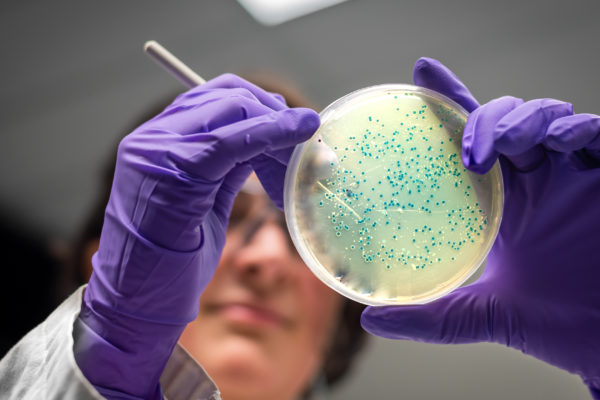
Philadelphia chromosome-positive (Ph-positive) acute lymphoblastic leukaemia (ALL) is defined by the presence of the BCR-ABL1 fusion gene and is associated with a poor prognosis. The best chance of potential cure for paediatric patients with Ph-positive ALL was haematopoietic stem-cell transplantation (HSCT) until the addition of tyrosine kinase inhibitors (TKIs) to chemotherapy showed improved outcomes for these patients.1
The outcome of children diagnosed with Philadelphia chromosome-positive (Ph-positive) acute lymphoblastic leukaemia (ALL) significantly improved with the combination of imatinib and intensive chemotherapy. The presented phase II trial aimed to investigate the efficacy and safety of dasatinib, a second-generation ABL-class inhibitor, with intensive chemotherapy in children with newly diagnosed Ph-positive ALL, and the obtained results are detailed below.
METHODS
CA180-372/COG AALL1122 was a joint Children’s Oncology Group (COG) and European intergroup open-label, single-arm, phase II study of post-induction treatment of Ph-positive ALL (EsPhALL). Eligible patients (aged 1-18 years) with newly diagnosed Ph-positive ALL and performance status of at least 60% received EsPhALL chemotherapy plus dasatinib 60 mg/m2 orally once daily from day 15 of induction. Patients with minimal residual disease (MRD) of at least 0.05% after induction 1B or who were positive for MRD after the three consolidation blocks were classified as high-risk and allocated to receive haematopoietic stem-cell transplantation (HSCT) in first complete remission. The remaining patients were considered standard-risk and received chemotherapy plus dasatinib for two years. The primary endpoint was the 3-year event-free survival of dasatinib plus chemotherapy compared with external historical controls. The trial was considered successful if one of the following criteria was met: 1) superiority over chemotherapy alone in the AIEOP-BFM 2000 high-risk group; 2) or non-inferiority (with a margin of –5%); 3) or superiority to imatinib plus chemotherapy in the EsPhALL 2010 cohort. All participants who received at least one dose of dasatinib were included in the safety and efficacy analyses.
FINDINGS
One hundred and six patients participated in the study, with enrolment taking place at 69 different sites, including 51 COG sites in the USA, Canada, and Australia, and 18 EsPhALL sites in Italy and the UK. All 106 treated patients reached complete remission. Of those, 87 (82%) were classified as standard-risk, nineteen (18%) met HSCT criteria and were classified as high-risk, and only fifteen (14%) received HSCT in first complete remission. The combination of dasatinib and chemotherapy resulted in a better 3-year event-free survival rate compared to chemotherapy alone (65.5% vs. 49.2, respectively; p=0.032). Additionally, dasatinib plus chemotherapy was non-inferior to imatinib plus chemotherapy (59.1%, treatment difference ranging from -3.3% to 17.2%), but not superior (65.5% vs. 59.1%; p=0.27). The most frequent grade 3–5 adverse events were febrile neutropenia (n=93) and bacteraemia (n=21). Nine remission deaths occurred, due to infection (n=5), transplantation-related (n=2), cardiac arrest (n=1), and unknown cause (n=1). No dasatinib-related deaths occurred.
CONCLUSIONS
Dasatinib plus EsPhALL chemotherapy is safe and effective in paediatric Ph-positive ALL. Three-year event-free survival was similar to that of previous Ph-positive acute lymphoblastic leukaemia trials, despite the limited use of HSCT in first complete remission.2
REFERENCES